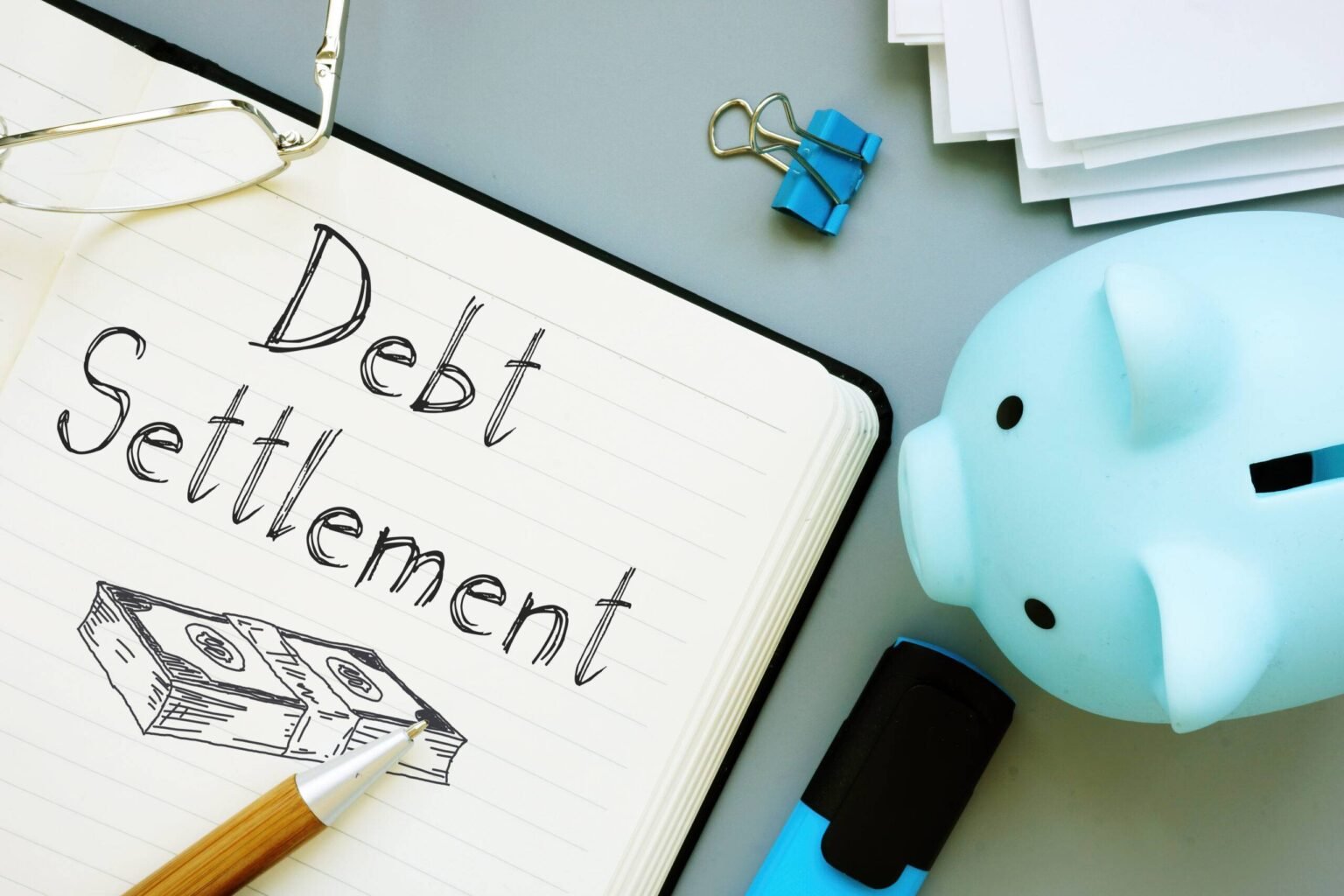Managing overwhelming debt can be a Cons of Debt Settlement daunting experience, and when financial hardships converge, making timely decisions about how to handle debt becomes crucial. Among the numerous solutions available, debt settlement and bankruptcy are two popular options that individuals often consider. Both strategies offer unique benefits and potential drawbacks, and understanding them is vital for making an informed decision about which may be the most suitable path for one’s financial scenario.
Debt Settlement: An Overview
Debt settlement involves negotiating with creditors to reduce the total amount owed. Essentially, the debtor or a professional debt settlement company proposes a lump sum payment that is less than the full balance in exchange for discharging the remaining debt. This strategy can be a viable option for those with substantial unsecured debt who are struggling to keep up with minimum payments.
Pros of Debt Settlement
One of theprimary advantages of debt settlement is the potential for significant debt reduction. Individuals can sometimes settle debts for less than what they originally owed, which can provide immediate financial relief. Another advantage is that debt settlement does not carry the same long-term stigma that bankruptcy might impose, as it is not made public in the same way. Additionally, it may have less of a long-term impact on one’s credit score compared to bankruptcy.
Debt settlement can also offer more control over which debts are settled and some flexibility in terms of payment. Unlike bankruptcy, which can lead to court-mandated asset liquidation or repayment plans over several years, debt settlement often involves a one-time payment. This allows individuals to manage specific debts strategically, according to their financial situation and priorities.
Cons of Debt Settlement
Despite its benefits, debt settlement has certain downsides. Primarily, not all creditors may agree to a settlement. Some may opt to pursue legal action instead, which can complicate the debtor’s situation. Furthermore, settling a debt for less than you owe can have tax implications, as the amount forgiven might be considered taxable income.
Debt settlement can also negatively affect your credit score in the short term. During negotiations, debtors may stop making payments, resulting in late fees and interest charges that can significantly harm their credit score. The process can take years to complete, potentially leading to further financial instability during that period.
Bankruptcy: An Overview
Bankruptcy s a legal procedure designed to help individuals or businesses eliminate or repay their debts under the protection of a bankruptcy court. The two primary types of bankruptcy for individuals are Chapter 7 and Chapter 13. Chapter 7 bankruptcy involves liquidating non-exempt assets to pay creditors, while Chapter 13 allows for restructuring and setting up a payment plan to pay off debts over time.
Pros of Bankruptcy
One of themost significant advantages of filing for bankruptcy is the potential for a fresh financial start. Upon the successful completion of a bankruptcy process, debtors may eliminate some or all of their debts, which relieves the burden of overwhelming financial obligations. Chapter 7, in particular, provides a clean slate as it erases qualifying debts.
Both types of bankruptcy offer protection against creditor harassment, garnishments, and lawsuits. The automatic stay granted during bankruptcy proceedings halts most collections efforts immediately, providing immediate relief to those facing aggressive creditor actions. Additionally, bankruptcy can help individuals who have fallen significantly behind on secured debts, like a mortgage, to restructure their obligations.
Cons of Bankruptcy
The most notable downside to bankruptcy is its long-lasting impact on one’s credit report. A Chapter 7 bankruptcy can remain on a credit report for up to ten years, while a Chapter 13 bankruptcy can stay for seven years. This can make it challenging to obtain new lines of credit, secure loans, or even rent apartments in the future.
Bankruptcy is a public declaration of insolvency, meaning the process and its effects are recorded and can be accessed by anyone. Furthermore, not all debts are dischargeable through bankruptcy. Certain obligations, like student loans, child support, and tax debts, may not be eliminated. Bankruptcy also involves legal and court fees, possibly adding financial strain to someone already struggling.
Choosing Between Debt Settlement and Bankruptcy
Deciding between debt settlement and bankruptcy depends Cons of Debt Settlement on the specific circumstances and financial goals of the individual. Debt settlement might be preferable for those looking for a way to reduce their debt without resorting to formal legal proceedings and are willing to take the credit risk. Conversely, bankruptcy may be a better option for those needing to eliminate their debts entirely and quickly halt creditor harassment despite the long-term impact on their credit report.
Ultimately, consulting with financial advisors or legal professionals who specialize in debt relief can provide valuable insights and guidance tailored to one’s situation. Choosing the right path requires a thorough understanding of both options, careful evaluation of current financial conditions, and a clear strategy for future financial health.
